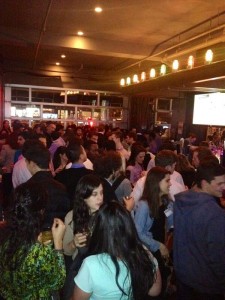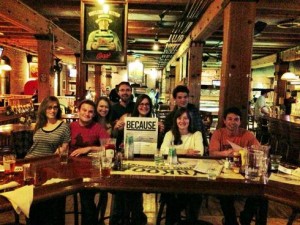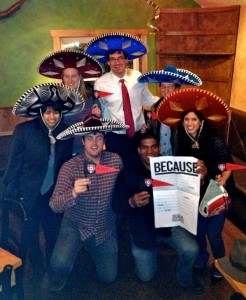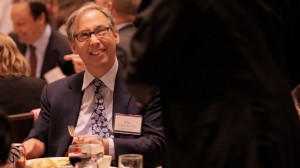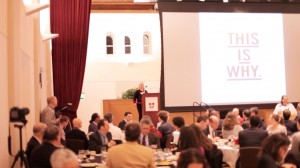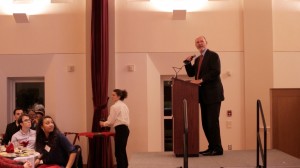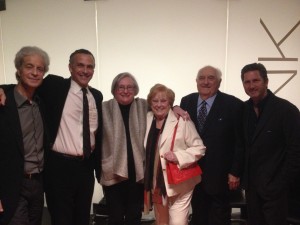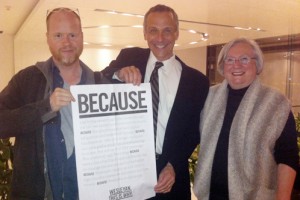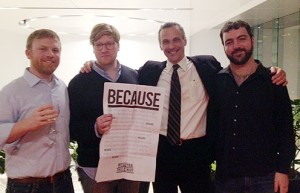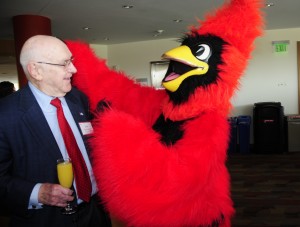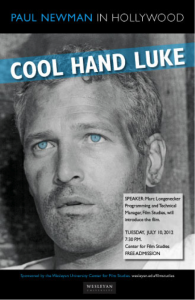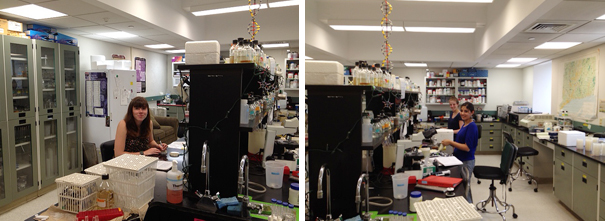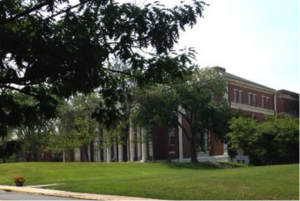Today I emailed the following message to Wesleyan students:
As I sat nervously watching election returns Tuesday night, I wondered how the country would digest the outcome, whatever it turned out to be. This election cycle has been so bitter and brutish, would representatives be able to work together to get things done? Would we find ways to tackle the important problems that we all know are undermining our economy and our culture?
In his victory speech, President Obama evoked the spirit of service that he also spoke about in his Wesleyan Address at Commencement in 2008. He talked about the sacrifices that people make for one another in tough times, and about the shared hope for a better future that he believed would overcome our differences. “The task,” he said, “of perfecting our union moves forward.”
At Wesleyan this year we have seen our fair share of differences on issues ranging from teaching loads for visiting professors to the possibilities of building a small cogeneration plant for backup power in the event of emergencies. The most important issue that has sowed divisions has been our decision to allocate a defined amount of the budget for financial aid, which we expect will mean we are “need-blind” for about 90% of the entering class. I think this will allow us to meet the full needs of the students who are here, preserve diversity, and keep our debt levels low while restraining future tuition increases. Others think we are abandoning not just a technique for achieving diversity but a key principle. We have our differences.
We have been discussing these issues with students, faculty, alumni and staff, even as we try to raise more funds for financial aid. For the first time in its history, Wesleyan is entering a fundraising campaign whose highest priority is endowment for financial aid. I have been traveling around the country seeking support for this campaign, and alumni and parents have been responding with great generosity. Last year we secured more than 60 million dollars in gifts and pledges, and we are keeping up that pace this year. I believe that supporting financial aid is more important now than ever, and on this, I think, we agree.
Debates about financial aid have exposed divisions within our campus community. To ensure a sustainable economic model, some think we should raise tuition more aggressively, others think we should lay off staff or faculty, while others want to cut programs they deem less important to the student experience. I’ve been listening to and participating in these debates, and I’ll continue to do so. We have significant financial resources, and we have enormous talent on this campus. We will continue to energize Wesleyan’s distinctive educational experience while working within a sustainable economic model. We have our differences, but what unites us is far more important.
In a far uglier vein, recently some have tried to exploit or create divisions in our campus community by appealing to racism and hatred. In anonymous posts on websites known for their vulgarity, homophobia and misogyny, there have been racist comments posted about Wes students and Middletown residents. They are hurtful to students of color and to all who value diversity and inclusion. I have not spoken out on this until now because I think such comments are beneath contempt.
Students have also raised concerns about recent campus security alerts that used racial identifications in describing alleged perpetrators. Were these more hurtful than useful? I have also heard complaints from students of color who feel marginalized or intimidated by certain aspects of our campus culture. We must make diversity meaningful on campus by creating a culture of inclusion. There is work to do.
On Monday night in Beckham Hall at 7:30 pm students have organized a forum to discuss issues of race and inclusion on campus. Sonia Manjon will moderate a panel on which I will participate with student and Public Safety representatives. I hope there will be a good turnout so that we can have a frank conversation about how we can create a campus climate in which all are treated with respect. More than that, we want a campus that builds on acceptance, creating bonds of affectionate solidarity.
The project of building this community is ongoing, and I am eager to help lead it. I want students to know that I am available to meet with any group, formal or informal. I have regular office hours on Monday afternoons, and scheduled sessions with the WSA, and Argus editors during the semester. I frequently meet with student groups at various times throughout the week. The open forums I’ve held with students have been candid exchanges, and I’ve learned much from them. I’m happy to hold additional meetings of that kind. I am eager to hear your views and find ways to join forces to enable our school live up to our aspirations for it.
I am continually inspired by the talent, energy and purpose of Wesleyan students – on stage, in athletic competitions, in classrooms, studios and research labs. We are not, to paraphrase President Obama, as divided as our politics sometime suggest. We are brought together in shared hope to ensure that Wesleyan will be a champion of progressive liberal arts education for generations to come. Together, we will move our campus community forward.
